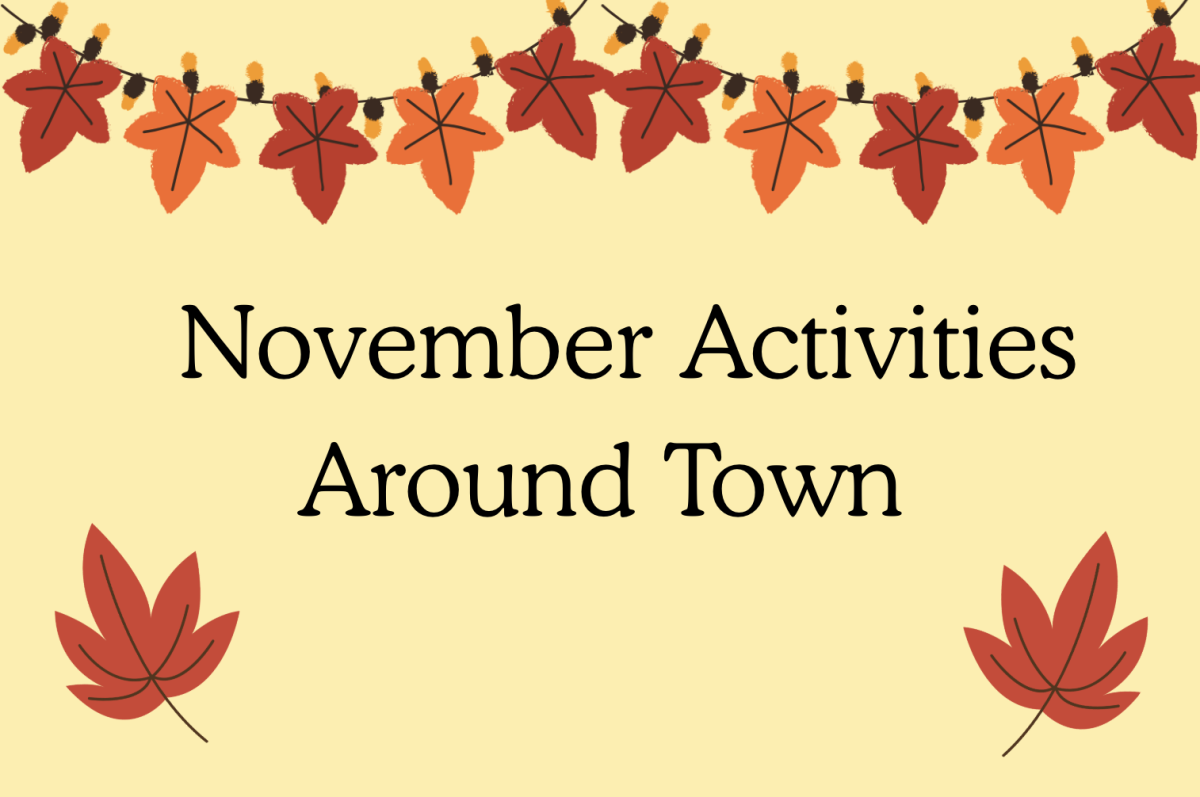Opinion: More than just a headache
Credit: Meredith Prince
Pictured above is an ice pack and a package of medicine for migraines. WSPN’s Meredith Prince discusses her experience with chronic migraine and the stigma around it.
March 26, 2020
Every student has suffered through a headache at least once in their life, likely many more than one. However, several unlucky teens, such as myself, have suffered a much worse hardship than your typical headache: a migraine.
Unfortunately, many people in our society are not very empathetic towards those who suffer migraines. I can’t even count the number of times people, both kids, and adults, have said to me, “It’s fine, it’s just a headache,” which is why I am here to educate those on the truth behind the neurological horrors of migraines.
The most important thing to know is migraines are not simply headaches. A migraine is a complicated neurological condition in which a strong headache is the most common symptom and nausea, dizziness and sensitivity to sound or light, as well as many other symptoms may occur.
Those who have it suffer “attacks” that include the symptoms listed above. Attacks, which usually last 4-72 hours, become extremely debilitating. Although migraine is more common for adults, about 10% of school-age children suffer from migraines, and half of all migraine sufferers have their first attack before the age of 12, according to the Migraine Research Foundation.
There are many different triggers that cause a migraine attack, including stress, lack of food, alcohol, lack of sleep, the environment and more. Personally, my migraines are more commonly triggered by stress and lack of sleep, but it is very common for a random migraine to hit me with no rhyme or reason.
In my experience, teens with migraines seem to be less understood than adults with the condition. Society underestimates the impact of migraines on teens because they have been through less hardship and struggle than an adult. Although the pain level varies for everyone with migraines, in general, students with migraines experience them with just as much pain, frequency and debilitation as do adults.
Some people with migraines suffer from one of the most disabling types, chronic migraine. Chronic migraines occur when someone has 15 or more headache days per month lasting more than four hours, for more than three months.
As someone who actually suffers chronic migraine, I have missed many days of school since sixth grade due to the painful effects of a migraine attack. I often feel nervous to email my teachers explaining that I missed school again due to a migraine, for I worry that they will think I am making excuses and just overreacting with a stupid headache.
Although there are many different medicines that supposedly help different symptoms of migraine, the truest healer is time, which can be extremely frustrating when you have plans or things that need to get done. I tried several different types of prescription medication, but the only way a migraine truly goes away for me is by sleeping for hours on end.
Chronic migraines have enormously impacted my life since I started getting them in middle school. I have missed countless events, sleepovers, parties and anything you can think of because I was forced into bed rest due to a migraine. Because of this, I never take any migraine-free day for granted, and try to have fun but also get a lot of work done on those days. Although chronic migraines have caused me a lot of trouble, they have also positively changed my mindset of living in a way: live each migraine-free day to the fullest.
I want to make it clear that my goal is not to try and get readers to pity those who suffer migraines, but rather to have a true and educated understanding of the condition and not dismiss it as simply a headache. I want to minimize the number of times someone tells another with a migraine that it’s “just a headache,” or thinks someone is just weak and can’t endure a simple headache.
Opinion articles written by staff members represent their personal views. The opinions expressed do not necessarily represent WSPN as a publication.




























John Alex • Mar 25, 2021 at 8:29 AM
I need to clarify that my objective isn’t to attempt to get perusers to feel sorry for the individuals who endure headaches, but instead to have a valid and taught comprehension of the condition and not excuse it as basically a migraine. I need to limit the occasions somebody tells another with a headache that it’s “simply a cerebral pain,” or thinks somebody is simply feeble and can’t persevere through a straightforward migraine. xeramed.com is giving good information about it you must visit this.